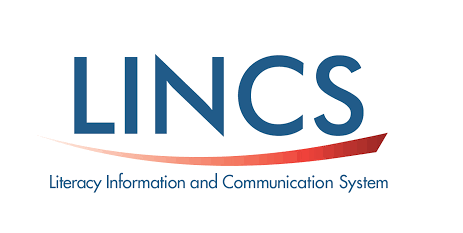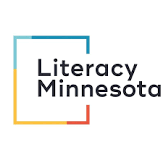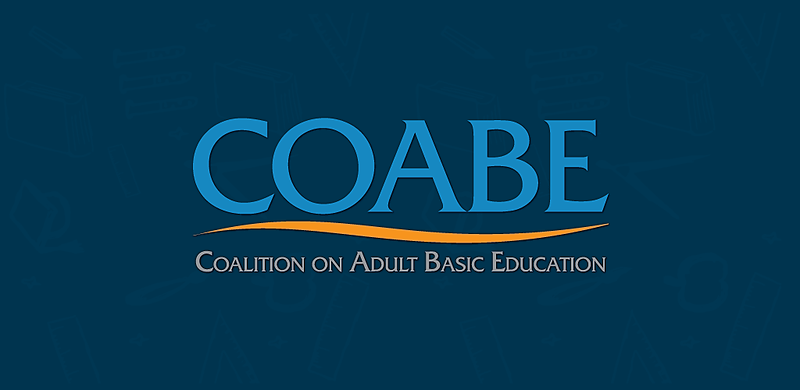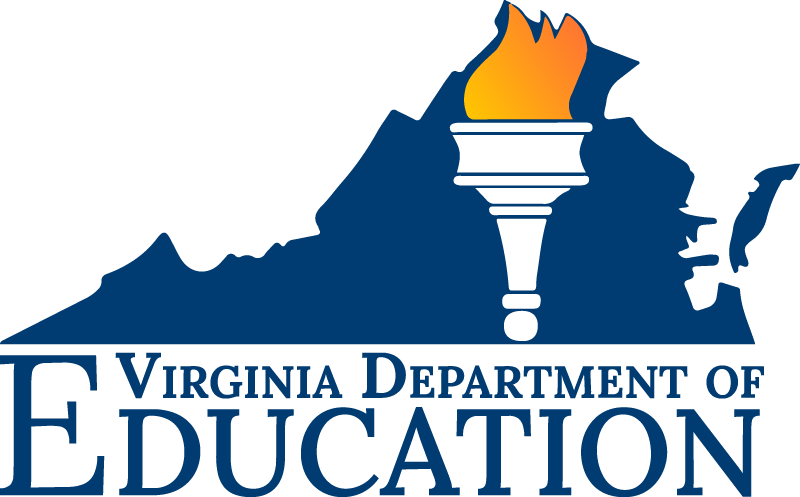
LINCS: Adult Numeracy Network, an interview of the outgoing president, Heidi Schuler-Jones
Join LINCS for an exclusive interview with Heidi Schuler-Jones, Director of the Adult Numeracy Center at TERC and outgoing President of the Adult Numeracy Network (ANN) as she shares her insights, experiences, and expertise in the field of adult education, particularly in math and numeracy instruction. In this engaging interview, Heidi will discuss effective strategies, […]


